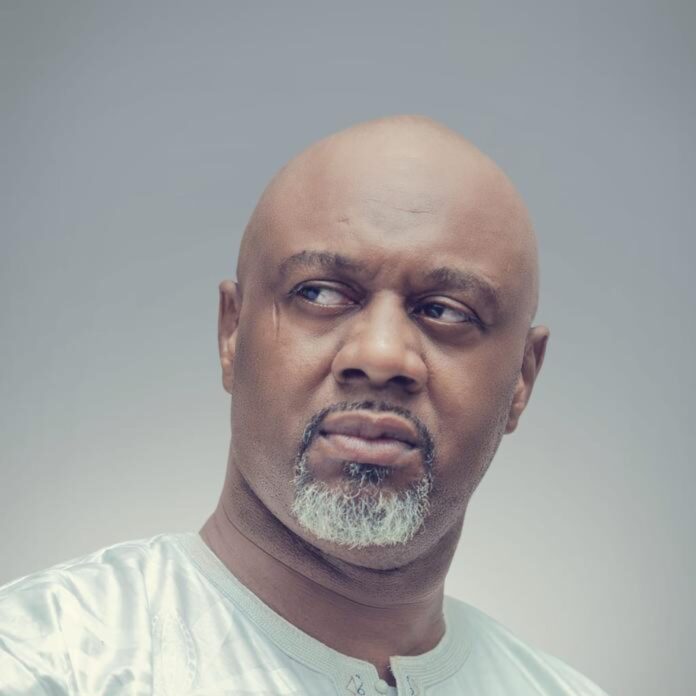Donald Trump’s executive orders suspending so-called foreign aid should serve as a wake-up call for African leaders who have long relied on external assistance to drive development. While foreign aid is often presented as a tool for progress, in reality, it has contributed to Africa’s economic stagnation, reinforcing dependency rather than fostering self-sufficiency. The suspension of this aid presents a unique opportunity for African nations to reassess their priorities, harness their natural resources, and develop sustainable policies that promote economic independence. The Gambia Action Party (GAP) firmly opposes any leader who continues to depend on foreign aid while neglecting the vast resources within Africa’s borders.
The first step towards ending this reliance is for African governments to prioritize economic diversification. Many African countries have abundant natural resources, yet they continue to export raw materials and import finished goods, leading to a trade imbalance that benefits foreign economies. Leaders must invest in local industries, particularly manufacturing and technology, to add value to raw materials before exporting them. Establishing strong agricultural and industrial sectors will create employment, reduce poverty, and ultimately minimize the need for external financial support.
Furthermore, Africa must strengthen regional cooperation through economic integration. Institutions like the African Continental Free Trade Area (AfCFTA) should be fully utilized to facilitate intra-African trade and investment. If African countries depend on each other for goods, services, and expertise rather than looking to the West or Asia, they will foster a more resilient economic system. Leaders must also negotiate fair trade agreements that benefit their people rather than being dictated by foreign interests. By prioritizing Africa-first policies, governments can ensure that the wealth generated within the continent remains within the continent.
Another crucial step is tackling corruption and mismanagement, which have long been barriers to economic progress. Many African leaders misuse state resources, allowing foreign governments and institutions to control their economies through aid. Transparency, accountability, and good governance must be enforced to ensure that public funds are used for development rather than personal enrichment. Strengthening institutions such as anti-corruption commissions, judicial systems, and financial regulatory bodies will help curb mismanagement and ensure that African resources are used effectively.
Lastly, education and innovation should be at the core of Africa’s development strategy. Nations that invest in human capital through quality education and skills development become more self-reliant and competitive on the global stage. Instead of depending on foreign expertise, Africa should build strong research institutions, invest in technology, and promote entrepreneurship. Leaders must encourage young Africans to innovate and create solutions tailored to the continent’s needs rather than mimicking foreign models that may not suit local realities.
In conclusion, the suspension of foreign aid should not be seen as a setback but as an opportunity for Africa to redefine its economic destiny. African leaders must stop expecting handouts and start utilizing the vast resources within their reach. By promoting industrialization, regional cooperation, good governance, and human capital development, Africa can break free from the chains of foreign dependency and achieve true economic independence. The Gambia Action Party (GAP) stands firmly against leaders who continue to seek foreign aid instead of working towards self-sufficiency. Now is the time for action, not excuses.
Servant Musa Ousainou Yali Batchilly
Secretary General and Party Leader
The Gambia Action Party (GAP)




